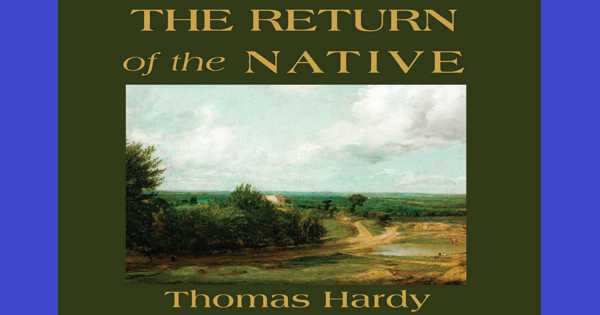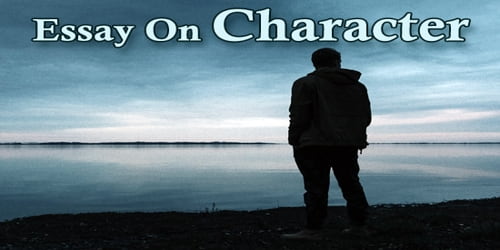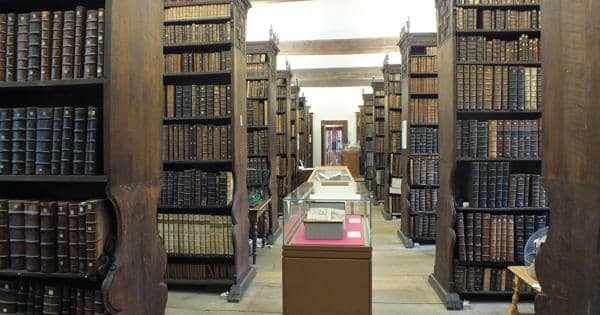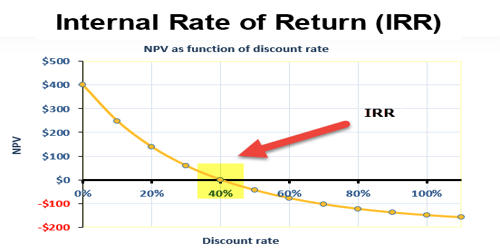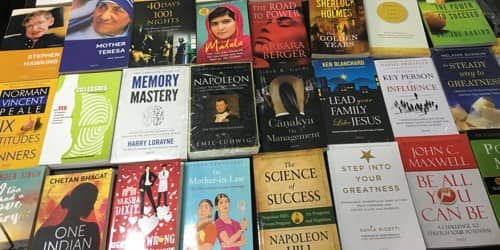Introduction: Books introduce us to the best society. They bring us into the presence of the greatest minds that ever lived. They are our best companions in life. They are always ready to be our side. They also increase our knowledge.
My choice: I am a student. I have read many books. They are traveling accounts, discoveries, adventures, biographies, and novels. The storybook that I like most of all.
Name of the book and its author: My favorite book is “The Return of the Native.” The name of the author of this book is Thomas Hardy. He is a very famous English novelist. This novel was first published in 1878. It is generally regarded as his masterpiece.
The Return of the Native is Thomas Hardy’s sixth novel to be published. It was published in twelve monthly installments from January to December 1878 in the magazine Belgravia, which was known for its sensationalism. Hardy had some difficulty finding a publisher because of the novel’s controversial themes; however, reviews, while mixed, were generally positive. The Return of the Native became one of Hardy’s most popular and well-regarded novels in the twentieth century.
The object of the book: Thomas Hardy points out that chances and coincidences are parts of life and these are absorbed into the moral scheme of the novel. It is written for the readers who are fond of thrill and excitement.
The summary of the story: The subject and complications that arose as a result of the marriage of two incompatible characters are central to the novel “The Return of the Native.” Clime Yeobright and Eustachian Vie are the names of these two characters. Eustacia, the heroine of this novel, becomes interested in Clym and attempts to entice him. Clym marries her despite his mother’s objections at the time.
They live in a small house in Alderworth Beyond East Egdon after their marriage. Their marriage, however, proves to be a failure due to temperamental incompatibility. Eustacia drowns for a brief moment. As a result, the novel concludes with tragic events.
Main Theme: In this novel, The Debate To End All Debates – does fate control our lives or do we have free will – takes center stage. And there are numerous hints in The Return of the Native that free will is fading. People appear to be characters in an ancient story here, and events and nature constantly conspire against them. Characters do, however, make decisions. Unfortunately for them, these choices usually make things worse and appear to have little to no effect on the larger forces at work in the novel, such as the unaffected heath (which is unconcerned about the people who live on it) or fate (which seems to constantly screw everyone over).
In this novel, free will is not so much absent as it is defunct and ineffective. Nobody makes good decisions, and the ones they do make are probably dictated by a higher power of some kind. And what exactly is this power? Maybe it’s the weight of the past, maybe it’s human nature, maybe it’s the heath, maybe it’s God. The novel never explicitly states what fate is, but there is a strong sense that our characters are living out events that are largely beyond their control, and that their own choices have little impact or only serve to further doom them.
The character: “The Return of the Native” contains Harding’s great characters, Eustacia and Clym. The main characters— Mrs. Yeobright, Thomas in, Wiledeve, and Diggory belong to Egdon Heath. Although the novel is named after Clyme, Eustacia is the central character of the novel.
Why it is favorite to me: The novelist has given expression to his tragic vision of life in this novel. The book is full of chances and coincidences. The story is very interesting and thrilling. So it is a great favor to me.
Conclusion: This novel gave me much pleasure and sorrow. It enables me to understand life. So I like this novel best.
